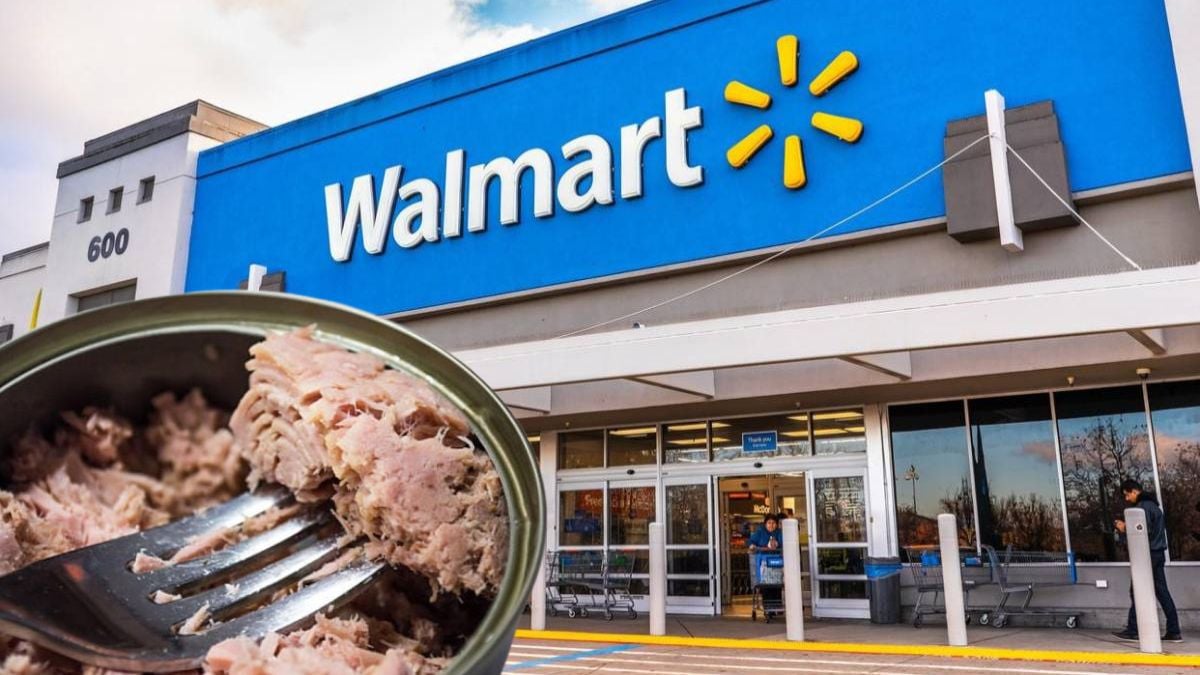
The U.S. Food and Drug Administration (FDA) announced the recall of several lots of canned tuna sold in stores such as Walmart, Costco, and Kroger, due to a health risk to consumers.
The voluntary recall by the manufacturer, Tri-Union Seafoods, began on February 7. Here’s what the product is and what to do if you purchased any.
Why did the FDA recall canned tuna?
According to reports from Tri-Union Seafoods, the easy-open lid on the cans had a manufacturing defect that caused leaks or contamination with Clostridium botulinum, a bacteria that can lead to food poisoning and, in severe cases, death.
Which canned tuna was recalled due to Clostridium botulinum contamination?
The affected tuna was sold under the brands Genova, Van Camp’s, HEB, and Trader Joe’s.
ALSO READ National White Shirt Day: when is it and why is it celebrated?
Where was the recalled canned tuna sold?
The product was distributed in 27 states across the country and sold at the following stores:
- Genova brand: Costco in Florida and Georgia, Harris Teeter, Publix, HEB, Kroger, Safeway, Walmart, and independent retailers in Alabama, Arkansas, Arizona, California, Florida, Georgia, North Carolina, New Jersey, Tennessee, and Texas.
- Van Camp’s brand: Walmart and independent retailers in Pennsylvania, Florida, and New Jersey.
- HEB brand: Texas.
- Trader Joe’s brand: Delaware, Illinois, Indiana, Iowa, Kansas, Kentucky, Maryland, Michigan, Minnesota, Missouri, Nebraska, New Jersey, New York, North Carolina, Ohio, Pennsylvania, Virginia, Washington D.C., and Wisconsin.
What should I do if I bought the contaminated canned tuna?
The FDA noted that no cases of Clostridium botulinum poisoning have been reported so far; however, anyone who has consumed this tuna should seek immediate medical attention.
Consumers who have any of these products should dispose of them or return them to the store for a refund. They can also contact Tri-Union Seafoods at [email protected] or call 833-374-0171 to receive a recovery kit and a coupon for a replacement product.
What is Clostridium botulinum?
Clostridium botulinum is a spore-forming rod-shaped bacterium that produces botulinum toxins in low-oxygen environments. It thrives in canned meats and other improperly sterilized preserved foods.
According to the Centers for Disease Control and Prevention, consuming this bacterium can lead to botulism, a foodborne illness that causes difficulty breathing, muscle paralysis, and, in severe cases, death.
What symptoms does Clostridium botulinum cause?
Symptoms typically appear 8 to 36 hours after consuming contaminated food and can vary between adults and infants. The infection does not cause fever but may cause the following symptoms:
In adults:
- Abdominal cramps
- Difficulty breathing
- Difficulty swallowing and speaking
- Double vision
- Nausea
- Vomiting
- Weakness with paralysis
In infants:
- Constipation
- Drooling
- Poor feeding or weak sucking
- Respiratory difficulty
- Weak crying
- Weakness, loss of muscle tone
What foods can be contaminated with Clostridium botulinum?
Foods that can potentially be contaminated with this bacterium include:
- Cured pork and ham
- Raw or smoked fish
- Canned vegetables
- Chopped garlic preserved in oil
- Honey or corn syrup
- Carrot juice
- Baked potatoes cooked in aluminum foil
How is a Clostridium botulinum infection treated?
Doctors usually administer an antitoxin to treat botulism. In some cases, antibiotics may be prescribed, but they don’t always cure the infection.
In severe cases where breathing difficulty is present, the patient must be hospitalized immediately to receive oxygen through a tube.
For those with swallowing difficulties, intravenous fluids are recommended to prevent dehydration and ensure nutrient intake.








